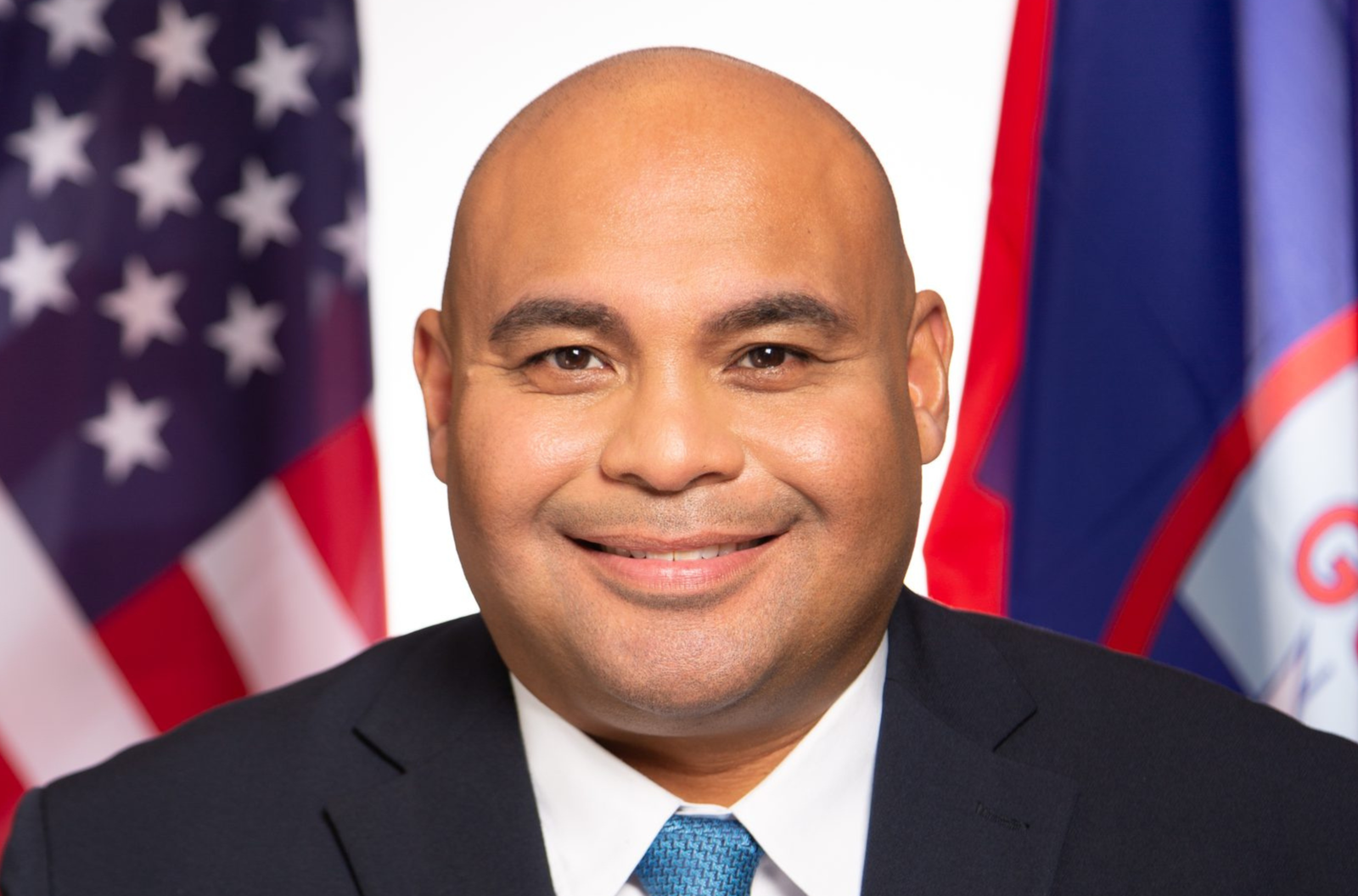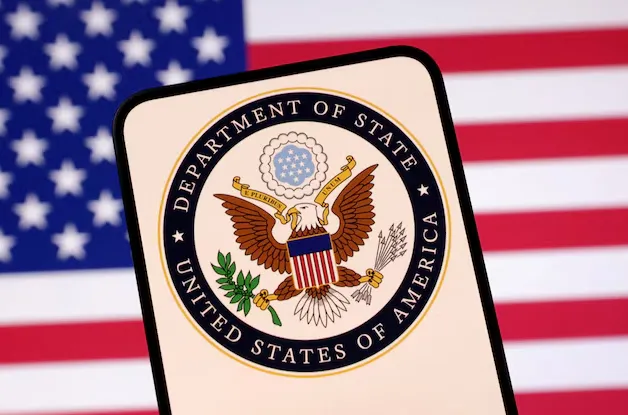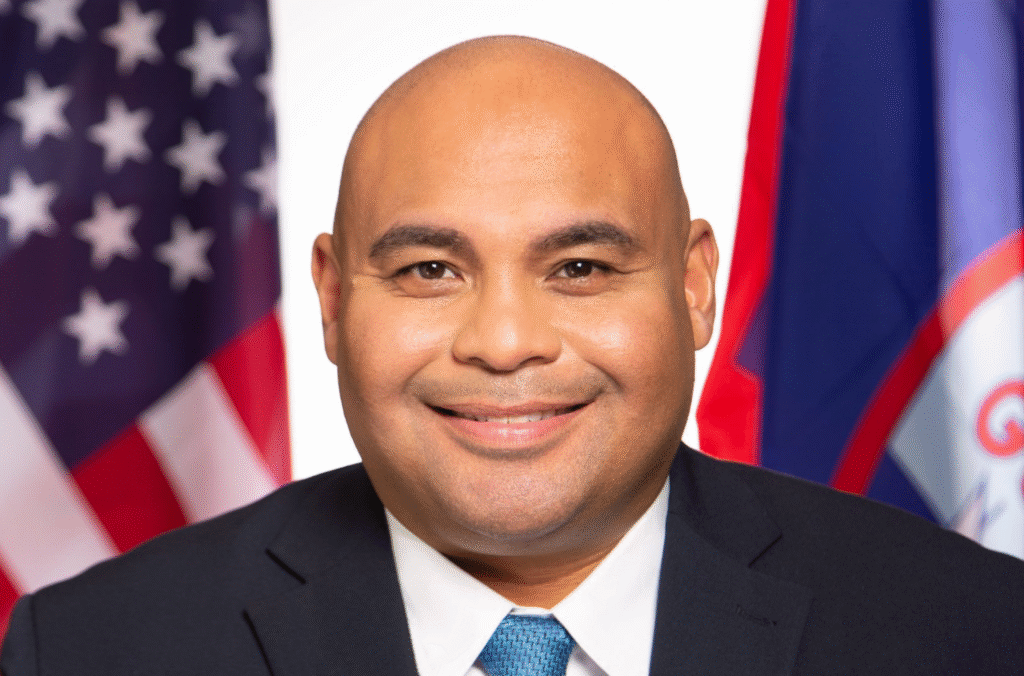HAGÅTÑA (The Guam Daily Post) — Lt. Gov. Josh Tenorio is one of 18 members of the Democratic Lieutenant Governors Association who signed a statement defending access to a drug commonly used in medication abortions, following the U.S. Supreme Court’s decision to stay a lower court order that would block access to the drug, pending an appeal.
While Guam engages its own battles involving abortion access, legal disputes continue to take place at the national level following last year’s high court decision to overturn decades-old precedent granting the right to an abortion in the United States.
At issue now is whether federal courts will maintain access to mifepristone, a medication often used in a regimen with another drug, misoprostol, to medically terminate a pregnancy. Mifepristone has been approved for use since 2000 by the Food and Drug Administration.
Abortion opponents filed suit in Texas last November challenging the FDA’s approval of mifepristone and subsequent changes to that approval.
Federal Judge Matthew Kacsmaryk sided with the plaintiffs in early April, revoking FDA approval of the drug.
On appeal, the 5th U.S. Circuit Court of Appeals ordered a stay on the Kacsmaryk decision relative to the original approval in 2000, but not for FDA actions made from 2016 onward.
That would have nullified changes that expanded the use and ease of access to mifepristone, according to national media reports.
Adding to the legal quagmire is an order from a federal judge in Washington that preserves access to mifepristone under the FDA’s current rules in 17 states and the District of Columbia, jurisdictions that brought their own suit seeking to expand access to the drug.
On April 21, the U.S. Supreme Court blocked rulings restricting access to mifepristone while appeals proceed at the lower courts.
“Medication abortion is used to provide more than half of all abortion care nationwide, and if Trump-appointed Judge Matthew Kacsmaryk’s ruling was allowed to stand, its effects would have been sweeping and horrifying. Blocking the FDA’s approval of mifepristone across the country would have eliminated the most commonly used method of abortion care, even in states where access to abortion is codified into law,” the Democratic Lieutenant Governors Association stated.
“The fact is that anti-choice extremists want to ban abortion everywhere. They know they can’t win elections, and will continue to turn to the courts in their pursuit to impose their ideology onto every American. Today, they experienced a setback, but we must never waver in the fight to safeguard and expand access to safe and legal abortion care,” the association added.
Local importance
Medication abortion is of particular importance on Guam, which does not have a doctor on the island to conduct physical abortion services.
If not for medication, patients would have to travel off island to undergo an abortion, which may be out of reach for some.
The lack of an on-island provider has also led to legal challenges over restrictions on telemedicine abortion services.
Attorney Vanessa Williams is one of the lawyers representing two Hawaii-based doctors, with licenses to practice on Guam, who brought a federal lawsuit against the island’s in-person consultation mandate for abortions.
Williams said she did not know at this time how negatively an adverse ruling for mifepristone access would affect services for Guam, “except that it would be yet another unequal government interference in health care targeted at people who can get pregnant.”
“What I do know is that a Supreme Court ruling will not stop people from obtaining abortion medication,” Williams added.
While abortion is a contentious issue on the island, the procedure remains legal on Guam for now. That may change depending on how courts resolve cases involving Guam’s defunct abortion ban.
At the same time, a recently introduced bill is proposing that voters be allowed to decide whether to enact expanded abortion protections.
If passed, Bill 106-37 would ask voters in the general election to decide on the Health Protection Act of 2023, which would ensure the right to provide and receive abortion services on Guam without burdensome limitations.

Josh Tenorio











